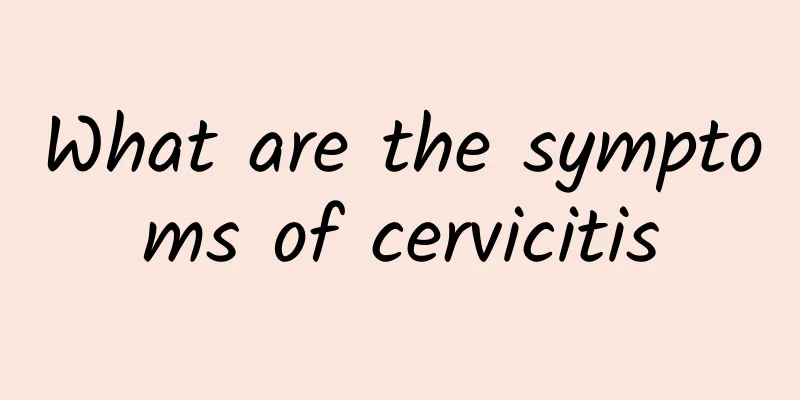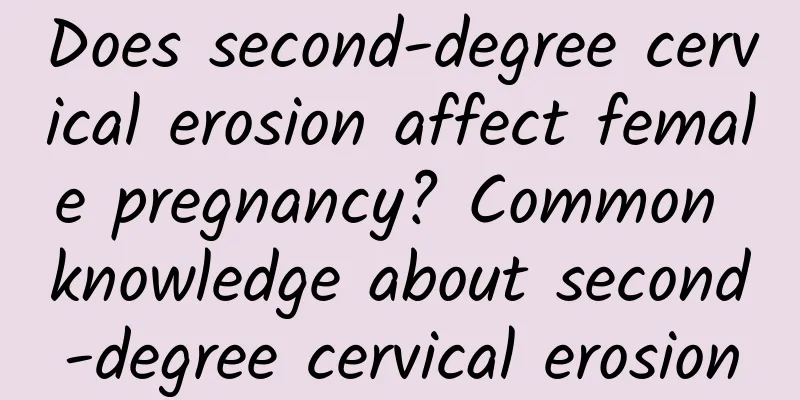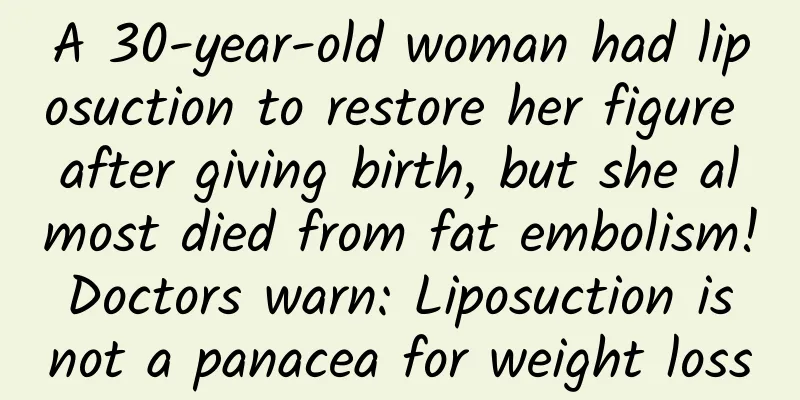What to do if endometrial polyps recur for the second time

|
The recurrence of endometrial polyps can be treated with medication, surgery and lifestyle adjustments. The recurrence may be related to factors such as abnormal hormone levels and inflammatory stimulation. For patients with recurrence, it is recommended to choose an appropriate treatment plan based on the size of the polyps, the severity of symptoms and fertility needs. 1. Drug therapy is a common method for controlling the recurrence of endometrial polyps, mainly by regulating hormone levels to inhibit the growth of polyps. Commonly used drugs include oral contraceptives, progesterone drugs and gonadotropin-releasing hormone agonists. Oral contraceptives such as drospirenone ethinyl estradiol tablets can regulate estrogen levels and reduce the recurrence of polyps; progesterone drugs such as dydrogesterone can inhibit endometrial hyperplasia; gonadotropin-releasing hormone agonists such as leuprolide can reduce estrogen levels and inhibit polyp growth. Drug therapy is suitable for patients with smaller polyps and milder symptoms. It needs to be taken for a long time under the guidance of a doctor and reviewed regularly. 2. Surgical treatment is an effective way to completely remove endometrial polyps, especially for patients with large polyps, obvious symptoms or ineffective drug treatment. Common surgical methods include hysteroscopic polypectomy, curettage and hysterectomy. Hysteroscopic polypectomy can accurately remove polyps under direct vision, with less trauma and faster recovery; curettage can remove abnormal tissue in the uterine cavity, but may damage the normal endometrium; hysterectomy is suitable for patients who have no fertility needs and whose polyps recur repeatedly. After surgery, you need to pay attention to preventing infection and follow up treatment according to the doctor's advice. 3. Lifestyle adjustments can help reduce the risk of recurrence of endometrial polyps, including diet adjustment, exercise and psychological adjustment. The diet should increase foods rich in vitamins and minerals, such as fresh vegetables, fruits and whole grains, and reduce the intake of high-fat and high-sugar foods; appropriate aerobic exercise, such as brisk walking, swimming and yoga, can help regulate endocrine and improve blood circulation; maintain a positive and optimistic attitude, avoid long-term mental stress, and relieve anxiety through meditation, deep breathing and other methods. Secondary recurrence of endometrial polyps requires comprehensive treatment. Patients should develop personalized treatment plans under the guidance of doctors and pay attention to lifestyle adjustments to reduce the risk of recurrence and improve the quality of life. Regular review and long-term management are the key to preventing recurrence. Patients should actively cooperate with treatment and adjust the plan in time to ensure the treatment effect. |
<<: Can flat breasts lead to premature ovarian failure?
>>: How long after myomectomy can I get pregnant
Recommend
Why do fat people have nosebleeds?
Nosebleeds in fat people may be caused by fragile...
The hotter, the fatter! How to lose weight in summer for people with hot constitution
The hot and humid weather in summer is very uncom...
What should women do if they have uterine fibroids? What are the symptoms of uterine fibroids in women?
Understanding the symptoms of female uterine fibr...
Comparison of the main symptoms of acute cervicitis and chronic cervicitis
What are the main symptoms of cervicitis? General...
Japanese cuisine myth: Does eating pork bone ramen make you fat? Nutritionist explains….
In Japanese cuisine, except for tempura (fried fo...
Nutritionist reveals: glutinous rice balls calorie ranking! He has the highest calorie... He can burn it off by taking one and walking briskly for 20 minutes
The Lantern Festival is a time for eating glutino...
Some precautions after abortion in winter
Abortion is a common surgery, and many women do i...
What will happen if women do not treat cervical erosion? Experts explain common knowledge about cervical erosion
Experts say that cervical erosion often occurs in...
How to take care of the vagina after surgery for congenital absence of vagina
In life, people should pay attention to the impac...
What complications may result from artificial abortion?
Artificial abortion is a remedial measure for unp...
Causes of pelvic inflammatory bleeding
The general clinical manifestations of pelvic inf...
Preventive measures for cervical adhesion after abortion
The preventive measures for cervical adhesion aft...
Experts reveal the causes of dysmenorrhea
Dysmenorrhea is a problem that many women have. I...
Will spleen and kidney deficiency cause abnormal leucorrhea?
Spleen deficiency and kidney deficiency may lead ...
Where is the best place to see cervical warts
In today's life, many people suffer from vari...









